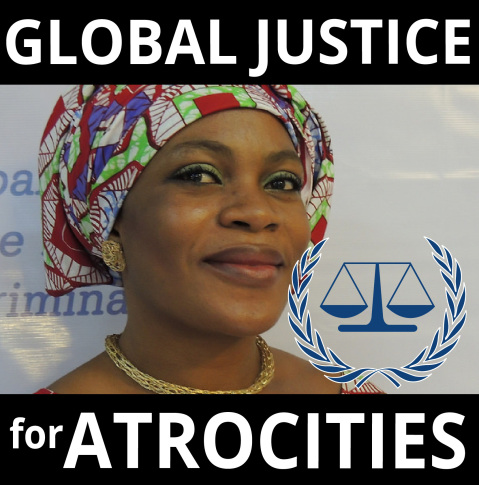 If suddenly someone were to ask you: “What do you live for?” Would you be taken aback and be at a loss as to what to answer?
If suddenly someone were to ask you: “What do you live for?” Would you be taken aback and be at a loss as to what to answer?
Have you ever asked yourself the question? And… if a second question followed the first asking you: “What are you ready to die for?” would you be more confused?…
We may find these two questions quite… intrusive but they are nonetheless at the very heart of our human existence. In the hustle and bustle of our daily life, we may not allow these concerns to claim much of our attention.
Our many occupations and preoccupations keep us focused on more down-to-earth matters and yet… is there anything more important than knowing the purpose of our human destiny?
Some people have settled for the life-style of the man in Jesus gospel story: “Take things easy, eat, drink, and have a good time” (Lk.12:13-21).
Jesus qualifies this attitude in strong terms calling the man: “Fool.” Nobody likes to be seen as foolish but… some types of wreckless living deserve this attribute – the kind of life which leaves us insensitive to anything that does not bring about our personal satisfaction. The kind of life with no thought of the true values, those that make us “rich in the sight of God.”
This Sunday’s gospel message may appear somehow the bearer of a stern warning. But… what if it were necessary and salutary?

 « The world has ignored hepatitis at its peril,” said Dr Margaret Chan, WHO Director-General. “It is time to mobilize a global response to hepatitis on the scale similar to that generated to fight other communicable diseases like HIV/AIDS and tuberculosis.“ Around the world 400 million people are infected with hepatitis B and C, more than 10 times the number of people living with HIV. An
« The world has ignored hepatitis at its peril,” said Dr Margaret Chan, WHO Director-General. “It is time to mobilize a global response to hepatitis on the scale similar to that generated to fight other communicable diseases like HIV/AIDS and tuberculosis.“ Around the world 400 million people are infected with hepatitis B and C, more than 10 times the number of people living with HIV. An 
 Mangroves are rare, spectacular and prolific ecosystems on the boundary between land and sea. They ensure food security for local communities. They provide biomass, forest products and sustain fisheries. They contribute to the protection of coastlines. They help mitigate the effects of climate change and extreme weather events.
Mangroves are rare, spectacular and prolific ecosystems on the boundary between land and sea. They ensure food security for local communities. They provide biomass, forest products and sustain fisheries. They contribute to the protection of coastlines. They help mitigate the effects of climate change and extreme weather events.


 « Nelson Mandela’s extraordinary compassion after 27 years in prison showed that human rights and equality are stronger than discrimination and hate. » – Secretary-General Ban Ki-moon
« Nelson Mandela’s extraordinary compassion after 27 years in prison showed that human rights and equality are stronger than discrimination and hate. » – Secretary-General Ban Ki-moon
